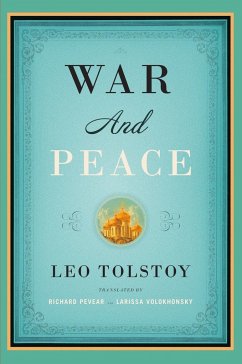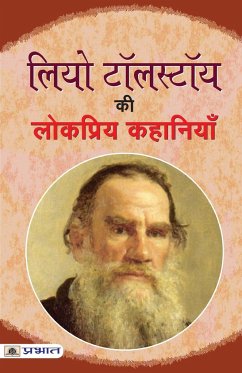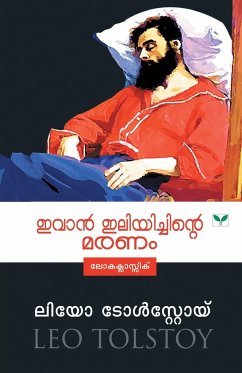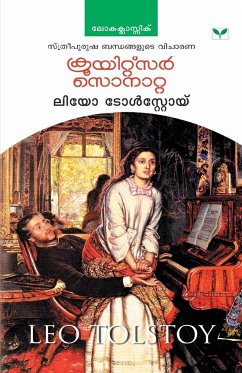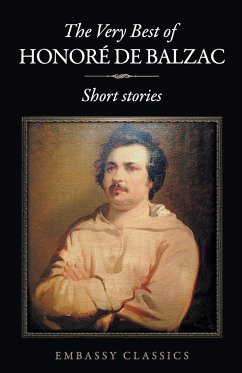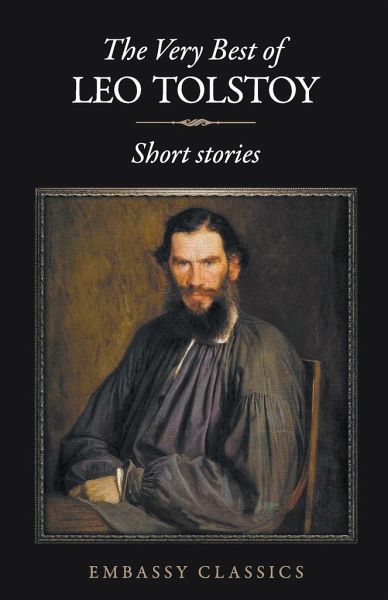
The Very Best Of Leo Tolstoy
Versandkostenfrei!
Versandfertig in 1-2 Wochen
19,99 €
inkl. MwSt.

PAYBACK Punkte
10 °P sammeln!
Leo Tolstoy is considered as a master of realistic fiction. His two great works, ?War and Peace? and ?Anna Karenina? are regarded as the finest novels of all times.Tolstoy had a unique ability to observe the smallest changes of consciousness and to record the slightest movements of the body which reflected through his writings as well. Those who visited Tolstoy as an old man also reported feelings of great discomfort when he appeared to understand their unspoken thoughts. People started believing that he had developed godlike powers. Some viewed Tolstoy as the embodiment of nature and pure vit...
Leo Tolstoy is considered as a master of realistic fiction. His two great works, ?War and Peace? and ?Anna Karenina? are regarded as the finest novels of all times.Tolstoy had a unique ability to observe the smallest changes of consciousness and to record the slightest movements of the body which reflected through his writings as well. Those who visited Tolstoy as an old man also reported feelings of great discomfort when he appeared to understand their unspoken thoughts. People started believing that he had developed godlike powers. Some viewed Tolstoy as the embodiment of nature and pure vitality, others saw him as the incarnation of the world?s conscience, but for almost all who knew him or read his works, he was not just one of the greatest writers who ever lived but a living symbol of the search for life?s meaning. During his last three decades of his life, Tolstoy became famous as a moral and religious teacher. His doctrine of non- resistance to evil had an important influence on Gandhi. This collection contains some favourite short stories including A Lost Opportunity, After the Dance, Evil Allures, but God Endures, Ilyás and many more. Embassy Books proudly presents this book as part of the Embassy Classics Series, which comprises of some of the finest literary works of great authors.





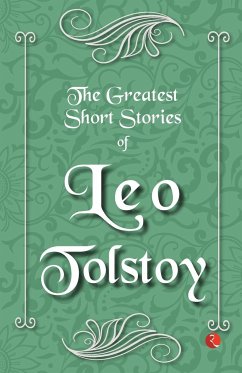
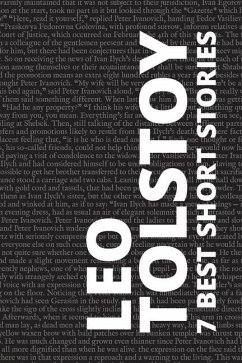
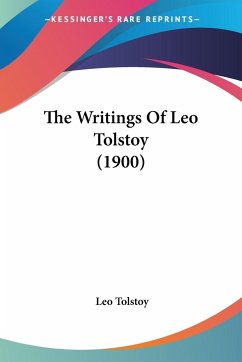

![Leo Tolstoy [microform] Cover Leo Tolstoy [microform]](https://bilder.buecher.de/produkte/66/66189/66189094n.jpg)
